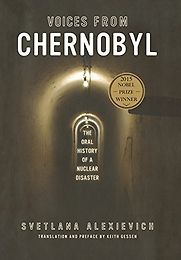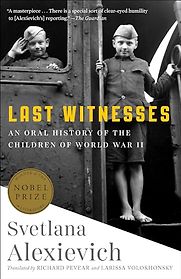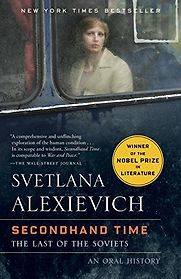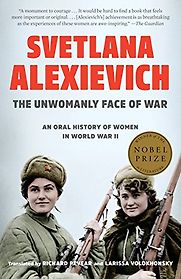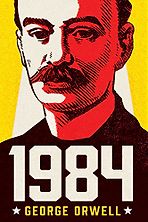Recommendations from our site
“Alexievich is a Belarusian investigative journalist, essayist, and oral historian. In 2015, she became the first journalist to win the Nobel Prize for Literature. The wider literary aim of all her books is to capture the lost cultures of Soviet and post-Soviet communities…The Chernobyl disaster had a devastating impact on the community that was there in terms of all the lives lost and the environment becoming toxic—and with that a whole way of life, a whole cultural memory and way of being in the world. ..Alexievich writes about this book as being a missing history.” Read more...
The best books on Tech Utopias and Dystopias
Mahlet Zimeta, Philosopher
“It takes the form of monologues, and they feel very intimate. People that we hear are brave, wise, and loving. Voices from Chernobyl should be taught in schools, but politicians are not interested in having more compassionate and conscious citizens. They cultivate ignorance.” Read more...
Five of the Best Works of Belarusian Literature
Hanna Komar, Poet
“In Russian, the title reads ‘A Chernobyl Prayer: A Chronicle of the Future.’ It is important to keep in mind that Alexievich calls her book a work of literature, not a work of history. She works in a really impressive fashion, doing about ten years of interviews for each of her books, talking to hundreds of people for hours and hours and really getting to know them. And she often makes composite characters, listing the names of several individuals at the start of a section…The first chapter of her book is about a woman, Lyudmilla Ignatenko. She’s the wife of a fireman who goes off in the middle of the night to fight the fire. She searches for him in the town clinic in the morning, but he’s being rushed off to Moscow. So she stubbornly follows him to Moscow and works her way into the hospital. She stands inside the plastic right by his bedside and stays for weeks while he dies.” Read more...
Kate Brown, Historian
“She crafted a series of intimate portraits based on hundreds of interviews. Each is in a different voice, and each one is striking, and singularly significant, with visceral imagery that will long stay with you. Reading becomes immersive: you feel and hear and see it, more than simply decoding text. The way disasters unfold against a perfect sky. The way they’re lived in real time — eating at the edges of a normal day, interrupting narratives already in progress, quarrelling lovers, the hanging of washing, the tending to gardens and children — versus how they’re remembered and recorded into history. The messiness of cleanup, and the sacrifices made by those doing it.” Read more...
